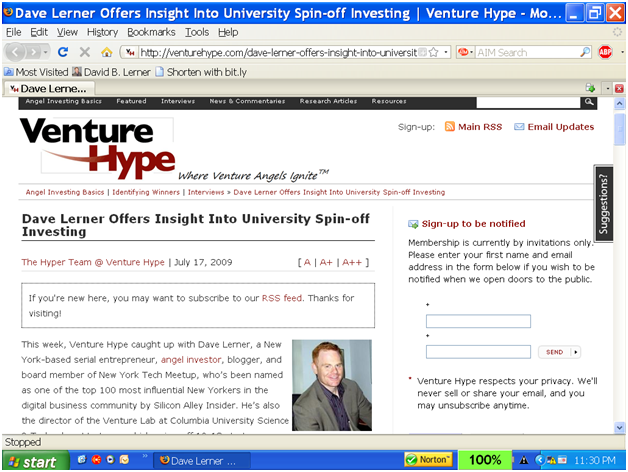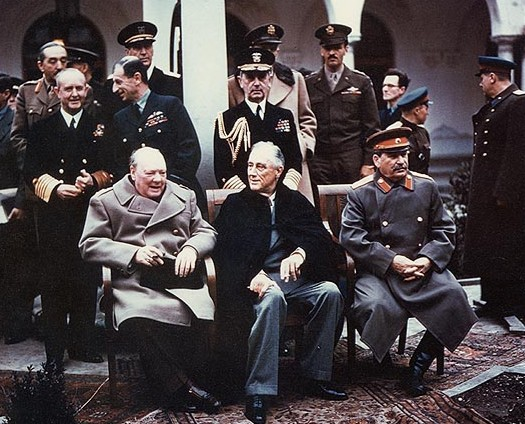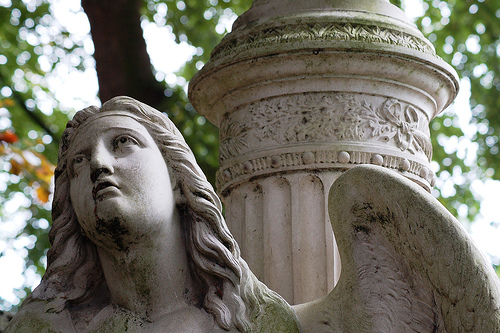Notable Posts: "Read All About It"
University Spinoffs: Bridging the Cultural Divide
This is part of my Series on University Entrepreneurship.
A big factor in having success spinning-out university startups is the ability to bridge the cultural gap between academia and the investment community. I think about this divide a great deal, both as a long-time investor in this space and perhaps even moreso now that I am the director of a prominent university venture lab which spins out 10-12 new companies a year.
I was therefore delighted to recently come across this short post written by Amit Monga, Professor of Finance at the University of Alberta. He shares some excellent insights into the practice of investing in university startups courtesy of his prior experience as a venture capitalist. Dr. Monga’s central premise is that investors want to see much more than technology when they speak with a university tech transfer office. They are, after all, in the business of launching new companies, which require quite a bit more to succeed than the initial invention or discovery.
What really caught my eye, however, is his very first point which addresses the cultural divide to which I refer above. He points out that whereas it’s very much the custom in academia to focus on a professor’s achievements in research, (including his or her credentials, awards, honors, the number of grad students in their lab, etc.), the reality is that investors first want to hear a value proposition articulated for a potential business. Monga asserts that investors must actually have the answer to this question within the first five minutes of a pitch.
Having politely sat through quite a number of such lengthy introductions that never quite arrive at describing the “pain in the market”, I must wholeheartedly agree with Dr. Monga. In fact, I would say that this value proposition should be expressed within the first two minutes of a pitch. If the investor is interested, there will be plenty of time to learn more about the professor’s academic achievements.
I’ll go a step further on the subject of the cultural divide and say that I’ve seen instances where an investor’s motives are viewed extremely dimly by the academic. This too can be a problem. Again, in this instance, it’s incumbent on the tech transfer folks to invite only the most reputable people into the university and to help work through any ingrained biases that might exist on either side. For an eventual start-up to be successful, both parties will have to get along extremely well and will come to rely on each other. Start-ups are the very opposite of “arms-length” transactions.
So whether you’re an angel investor, a VC, an entrepreneur, a grad student, a post-doc or a university professor, it’s always valuable to approach university spin-offs with a great deal of cultural sensitivity and understanding. I assure you, this sort of awareness alone can make all the difference.
For Part Ten in this Series, click here
My Interview on Venture Hype
This is part of my Series on Angel Investing. A few weeks ago I was interviewed by the great team at Venture Hype, a popular web-portal dealing with all aspects of angel investing. The interview was posted earlier today and can be found here. We begin by discussing my background and how I became immersed in the world of entrepreneurship and early-stage investing. We then go on to cover various aspects of academic entrepreneurship and university spin-offs, what works and what doesn't work, and what investing in this space is all about. Lastly, we touch on angel investing more generally. As always, I welcome your input and questions.

For the next post in this Series, click here.
Mourning Angels: What Went Wrong With Your Investment? (Case Study #1)
This is part of my Series on Angel Investing.
Some readers of this blog who are interested in getting involved in angel investing recently suggested I do some case-studies as part of this series. I agreed and thought we ought to start by examining some typically negative scenarios that one inevitably confronts as an angel. Hopefully these case studies will stimulate some questions and further discussion from which we all can learn.
Eventually we'll work our way back to the core issue at hand: your own judgment of other people’s capacity. (See my earlier posts on this topic here and here).
(**Disclaimer: These case studies are not modeled after any person or any company in particular- they are designed for illustrative purposes only).
CASE STUDY ONE:
So you hear rave reviews about this guy long before you meet him. The people raving about him are actually some customers of his whom you’ve known for years and respect and who have successful businesses of their own that have benefited greatly from his product. You meet him. He needs some growth capital. He’s an industry veteran, a go-getter, knows the business inside and out, knows how to stretch a dollar and generally checks out at first glance. You and your small band of angels analyze the business and perform your supposed due diligence. Things look good actually and he’s in talks with a potential acquirer. After a month of analysis and discussion, the investment gets made.
In the beginning all seems fine. There is some initial growth, some promising leads, but after about 18 months you all realize that nothing is happening. There is no growth and the acquisition talks have broken down long ago. There is also very little communication lately. You hear that he’s borrowed some money recently and is having trouble paying it back. You fly out to visit him. He’s friendly, but seems evasive, a little down. He’s gained about 15 pounds since you last saw him. Now what?
QUICK ANALYSIS:
He may have got caught up in other things. He may be having marital problems. He may have made some personal investments in other areas when the going was good but then the market tanked. Remember- as an Angel, you are probably not on the Board and you are a minority shareholder.
Q: So what are your options?
A: Welcome to Angel Investing. You have none.
Questions for Discussion:
- So what could you have done differently? Would a convertible note have helped rather than a traditional equity investment?
- Did you really know this person? Did you make reference calls?
- During diligence did you ever meet his family, see his home, see how he lives, what his hobbies are, etc.?
- What does due diligence mean to you?
Let's discuss this case study and the questions I've raised. Looking forward to your thoughts and comments.
For the next post in this Series, click here.


![Reblog this post [with Zemanta]](http://img.zemanta.com/reblog_e.png?x-id=32984989-2bb2-48c2-b7bf-af9642d55d00)
![Reblog this post [with Zemanta]](http://img.zemanta.com/reblog_e.png?x-id=63a60ab3-e708-4123-83b3-60bbbd15e840)

![Reblog this post [with Zemanta]](http://img.zemanta.com/reblog_e.png?x-id=c73e7729-f742-41de-ae53-2793ca169988)